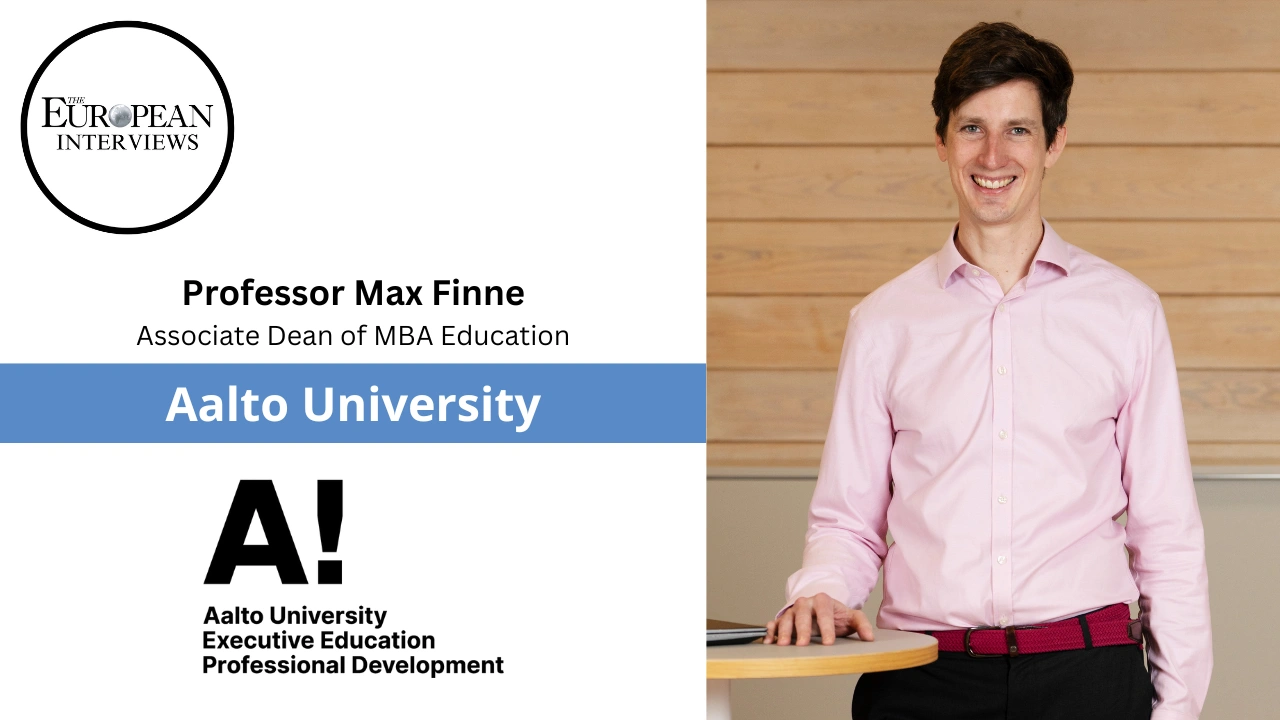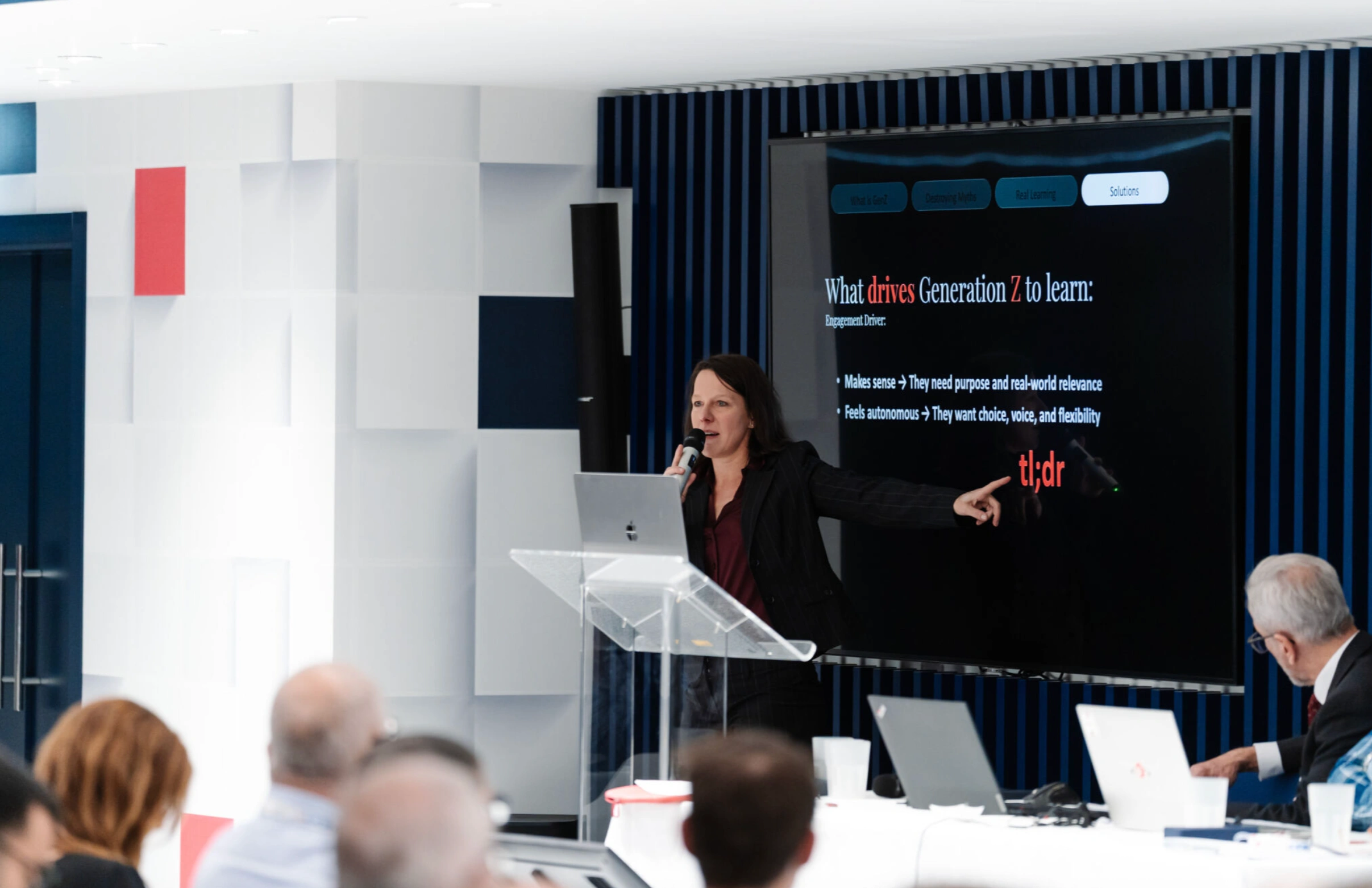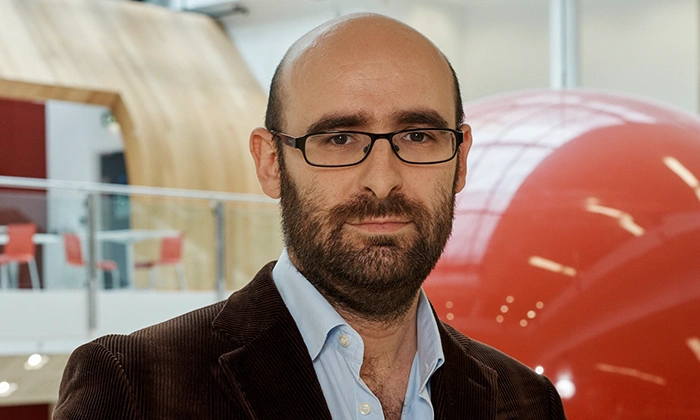Safeguarding the future of finance professionals

John E. Kaye
- Published
- Executive Education, Home

A great many trends are affecting the role of the Chief Financial Officers (CFOs) around the world. There are the natural processes of change that are impacting companies everywhere – with more focus on increasingly adaptive approaches such as business partnering. Then there are the waves of disruption that are being felt in every geography and sector; brought on by digital innovation this disruption leads to changing business models, forcing companies to reassess how they plan for the future.
External factors such as regulation and wider geopolitical developments, such as Brexit, are also adding to the changing trends affecting companies. These uncertain times – often referred to as the VUCA (volatile, uncertain, complex and ambiguous) world – are presenting more challenges to companies than ever before.
In this context, the finance function can play a key role in helping to deliver business advantages in a constantly changing environment. These ideas were aired at the recent CFO Agenda in London, where finance leaders from across commerce revealed how they were using the most effective financial tools, combined with people skills, to drive change. Amongst them, Naomi Connell, CFO of construction services group Volker Wessels UK, chaired a session at the event entitled ‘The future of the CFO: Are you ready?’
An ICAEW (The Institute of Chartered Accountants in England and Wales) member, Ms Connell has benefitted from being on the ICAEW’s Financial Talent Executive Network (F-TEN) which is aimed at ambitious, senior financial professionals who are close to becoming a group CFO or taking on an equivalent level role. The F-TEN is one of a number of leadership development programmes run by the ICAEW’s Academy of Professional Development to raise the skills of finance leaders so that they help lead their organisations in an increasingly challenging environment.
The CFO Agenda concentrates on three key areas that finance teams are addressing in order to maximise their organisations: strategy and business partnering, transformation, and operational and performance efficiency. In each area, disruptive technologies such as artificial intelligence, robotics and predictive analytics are providing the means to enhance the performance of the finance function.
The ICAEW Academy offers courses that can help finance professionals to exploit these technologies to capture insights and make judgements that will deliver a competitive advantage to their organisations.
But in order to ensure finance leaders and their teams are able to deliver these contributions, they also need to be able to communicate effectively across their organisations.
The right blend
This is why corporates and other organisations are turning to the ICAEW Academy to make them fit for purpose in an increasingly digitalised world – capable of driving their group’s future performance.
The academy specialises in equipping finance professionals for the fast-changing business environment of the future. Along with a portfolio of exclusive coaches and mentors, and leading training experts in their fields, the academy equips delegates with practical skills that are instantly applicable to the business, leading to tangible positive impacts.
The academy’s CPD courses and leadership programmes can also be delivered in-house, either off-the-shelf or tailored. Or even create a bespoke programme specific to your business needs. By working with a trusted leadership and development provider, the intention is to future-proof the next generation of finance leaders.
Despite being open to change, 78% of accountants say they are considering retraining to safeguard the future of their role. The majority (80%) expect to spend less time on manual tasks in the future, with 73% predicting a greater focus on providing advice to clients, according to research from accountancy software company FreeAgent.
One of the most important ways for finance leaders to be able to contribute to the success of organisations is through applying soft skills to communicate the insights and judgements to the wider organisation, especially if there is a wide set of stakeholders.
When Vodafone commissioned ICAEW Academy to deliver a bespoke finance leadership programme to develop 20 of their potential finance leaders, the emphasis on soft skills was a big feature. “Using a number of business case studies, with a lot of work on soft skills such as influencing and challenging, we’ve been able to get people to raise their eyes above the finance parapet and see their business in the broader context of the role, says Peregrine Riviere Director of Investor Relations, Vodafone.
“This programme has helped us have a much stronger pipeline of future finance directors,” he adds.
A feature of the academy’s approach is applied training – not just the theory – so that you return to your business with innovative insights and practical solutions. The academy’s trainers are leading subject matter experts, experienced finance professionals and highly engaging tutors, with an average delegate feedback score across all courses rated at 4.8/5.
Ultimately, the academy offers a well-defined learning programme that finance teams can follow closely, featuring careful monitoring to ensure successful outcomes.
Further information
For more executive education news, follow The European.
RECENT ARTICLES
-
 Hannu Tihinen on strategy, leadership, and the value of an EMBA
Hannu Tihinen on strategy, leadership, and the value of an EMBA -
 European MBAs adapt to AI as Aalto overhauls executive education
European MBAs adapt to AI as Aalto overhauls executive education -
 From dialogue to action: how emba X prepares leaders for a new era of responsible innovation
From dialogue to action: how emba X prepares leaders for a new era of responsible innovation -
 How Europe can learn faster: turning AI into safer, smarter adult training
How Europe can learn faster: turning AI into safer, smarter adult training -
 Aalto EE launches Aalto Tech EMBA to equip executives for digital transformation
Aalto EE launches Aalto Tech EMBA to equip executives for digital transformation -
 Supply chains are being remade. Leadership must be too
Supply chains are being remade. Leadership must be too -
 Why the real barrier to AI success sits in the boardroom
Why the real barrier to AI success sits in the boardroom -
 ETH Zurich and the University of St.Gallen redefine executive education with emba X, a new model of responsible leadership
ETH Zurich and the University of St.Gallen redefine executive education with emba X, a new model of responsible leadership -
 Why leadership is the strongest defence in South Africa’s schools
Why leadership is the strongest defence in South Africa’s schools -
 Porto Business School launches executive programme on AI strategy
Porto Business School launches executive programme on AI strategy -
 POLIMI Graduate School of Management strengthens global reputation in MBA and master’s rankings
POLIMI Graduate School of Management strengthens global reputation in MBA and master’s rankings -
 Trinity Business School strengthens standing in global MBA rankings
Trinity Business School strengthens standing in global MBA rankings -
 Meet the class of 2025… and their children. Why mid-life university learning is on the rise
Meet the class of 2025… and their children. Why mid-life university learning is on the rise -
 University of Michigan launches executive programme for chief data and AI officers
University of Michigan launches executive programme for chief data and AI officers -
 International education: A vision for global citizens
International education: A vision for global citizens -
 How to create lasting social change? Build a community
How to create lasting social change? Build a community -
 Tomorrow’s world needs Dyslexic Thinking
Tomorrow’s world needs Dyslexic Thinking -
 Why family therapy is the best investment you can ever make
Why family therapy is the best investment you can ever make -
 How EQ can give us the edge over AI
How EQ can give us the edge over AI -
 A true root and branch approach
A true root and branch approach -
 It's fine to say you're not ok
It's fine to say you're not ok -
 Are you willing to change with your organisation?
Are you willing to change with your organisation? -
 Emerging markets: Online learning for women unlocks economic potential
Emerging markets: Online learning for women unlocks economic potential -
 A programme of urgent importance
A programme of urgent importance -
 Why progress is not parity
Why progress is not parity



























